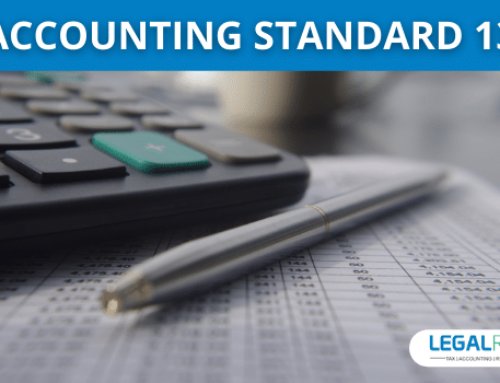An auditor is a professional who gets employed by a company to examine and review the financial records. As per the Companies Act, all entities in India, after their Company Registration is completed, must appoint an Auditor. To have the book of accounts audited every year. Whether the company is public or private, whether it has a share capital or not, is required to maintain proper books of accounts under the provisions of section 128 of the Companies Act, 2013. Also, the companies have to get their Books of accounts audited as per section 139 of the Act. The audit is, basically, an examination of Accounting Methods undertaken to verify the correctness or otherwise of the transactions reflected therein. The Appointment of the Auditor is an important task that the firm undertakes. An Auditor should undertake all the responsibilities judiciously, as well as meet the auditing requirements of the company.
The Auditor needs to make sure that the accounts and books accurately match with the activities that have been partaken by the company. He is responsible for scrutinizing the books of account of a Company with reference to documents, vouchers, and other relevant records. And ensuring that the entries made therein give a clean and clear picture of the business.
We shall be discussing the steps of appointment of auditor in the following article, in detail.
Purpose of Appointment of an Auditor
Contents
The basic purpose of the Auditor in the company is to safeguard the interests of the shareholders and company officials. That all financial and accounting moves made by the company are being reflected in the books (such as the general ledger). And all data appearing in the records are corresponding to the course of business in the company.
- The authority is to examine the book of accounts that the company maintains.
- responsibility includes filing Audit Reports and various forms, as per CARO 2016 Requirements. It may be MGT-14, MGT-8, and MGT-7, etc. With the Registrar of the Companies and other authorities acquainting with the financial position of the company.
- He or she gives the independent opinion to the owners in order to keep the company’s financial condition safe and protected.
The Procedure of Appointment of an Auditor for Different Companies
| Particulars | Non-government company | Listed/Specified company | Government Company |
|---|---|---|---|
| 1. Application for First Auditor after Company Registration | Within the 30 days of registration of the Company, the Auditor is appointed by the board of directors. The appointment is also by the members of the team during an Extraordinary General Meeting within the course of 90 days. | Same |
|
| 2. Auditor at First AGM. Written Consent and a Certificate. (Please note, the appointment shall be as per the conditions laid down by the auditor.) |
The appointment is done by the members of the office and the Auditor will hold the office for the next 5 AGMs.
|
|
|
| 3. Appointment of the next Auditors. | Same as in point 2 above. | Same as in point 2 above. | Same as in point 2 above. |
| 4. Casual vacancies due to resignations or other reasons. | The auditor will be appointed by the members within 3 months of the recommendations of the Board and he will hold the office till the next AGM. |
Same as for Non-Government Companies |
The appointment is done by the board of directors of the company or the CAG within the next 30 days. |
Appointment of Auditor by a Special Notice
Where a person other than a retiring auditor is proposed to be appointed as an auditor or when it is proposed that the retiring auditor would not be re-appointed. Then a Special Notice under Section 115 of the Companies Act, 2013 has to be given proposing that such a resolution would be moved at the next AGM.
This provision is attracted only when the retiring auditor is not to be appointed once his term of 5 years, etc gets over. It is to be noted that the ratification of auditor appointment at every AGM can not be treated as completion of the term of the auditor. Therefore, if an auditor is to be removed during the term of his office, then the Central Government approval is required as stated in Section 140(1).
If the retiring Auditor has already completed 5 years or 10 years in the firm, in that case, such a special notice will be avoided.
Relevant points concerning Special notice:
- If the auditor makes a written representation to the company and requests notification to the members, the company shall:
- State the fact of this representation in every notice regarding the resolution.
- A copy of representation has to be sent to those members by the company to whom the notice of the meeting is sent, whether before or after the receipt of representation.
- if the copy of the representation is not sent, a copy has to be filed with the Registrar.
- On receipt of the Special Notice for removal of the auditor, the company should send a copy of this to the retiring auditor.
- Such representation shouldn’t be too long.
- The Special Notice should not be received by the company so late that it would be impossible to circulate to members.
- The Auditor may demand the company to read out the representation in the meeting if the members were not notified, being too late or because of the company’s default.
If the Tribunal is satisfied that the position is being violated and the rights are being abused by the auditor based on an application either by the company or by any other aggrieved person, then:
- the copy of the representation may not be sent, and
- the representation need not be read out at the AGM.
Related articles-






